Delegates commented that the issuance of the Resolution aims to promptly, fully and effectively institutionalize the viewpoints, goals, tasks and breakthrough solutions stated in Resolution No. 71-NQ/TW of the Politburo ; creating a unique and outstanding legal corridor for the Government, ministries, branches and localities to synchronously and drastically implement from 2026.
In addition, many delegates suggested that the Drafting Committee continue to perfect the institution to ensure transparency in teacher recruitment and transfer, in accordance with the current operation of the two-level local government model.
Ensuring transparency in teacher recruitment and transfer
Commenting on the issue of human resource development in the education sector as stipulated in the Draft Resolution of the National Assembly on specific mechanisms and policies to implement Resolution No. 71-NQ/TW dated August 22, 2025 of the Politburo on breakthroughs in education and training development, delegate Pham Hung Thang, National Assembly Delegation of Ninh Binh province agreed with the decentralization and assignment of authority to the Director of the Department of Education and Training in recruiting, receiving, mobilizing, transferring, arranging, assigning, and changing job positions for teachers, educational institution managers and staff in public educational institutions.
In addition, delegates suggested that there should be specific regulations to ensure publicity, transparency and fairness in the recruitment, mobilization and transfer of educational personnel; especially regulations on coordination between the Department of Education and Training, the Director of the Department of Education and Training and the local authorities at the commune level - where educational personnel are mobilized and transferred and where the mobilized and transferred personnel are received - to avoid the risk of abuse of power, negativity and difficulties and obstacles in the implementation process.
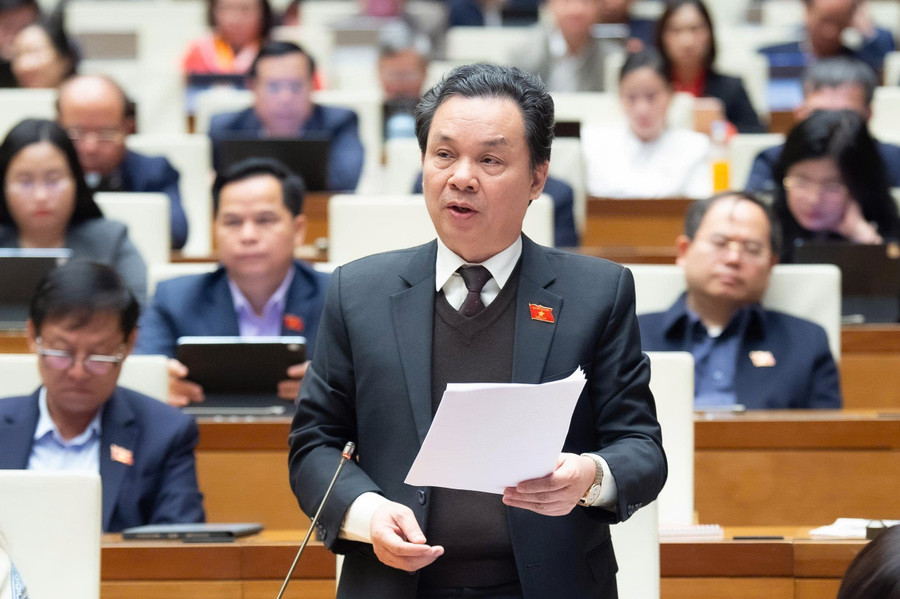
Also concerned about this issue, delegate Hoang Van Cuong, National Assembly Delegation of Hanoi city, commented that to have a good school, the first decisive factor is to have a team of good teachers, dedicated to the profession, love the profession; especially must respect professional honor, therefore, the most important step in recruitment is the entrance exam.
If the Department of Education and Training were to organize a common competition for all schools that need to recruit teachers in the whole province, there would be a common measure for all candidates and those who do not meet the necessary conditions and standards would be eliminated. Based on the results of that competition, schools and communes would only need to select the number of teachers they need to recruit, from high to low scores.
According to the delegate, on the contrary, if each school and commune were to organize their own entrance exams, the number of exam questions and the number of exam councils would increase accordingly; not only would this be costly and wasteful, but it would also potentially pose a risk of differences in exam quality, leading to uneven teacher recruitment quality. At the same time, if candidates fail to pass at one school, they would have to continue taking the exam at another school, causing inconvenience.
Based on this reality, the delegates proposed to assign the Department of Education and Training to organize a common exam for all schools in the province to ensure fairness, transparency and improve the efficiency of personnel selection. The delegates also emphasized that there should be a mechanism with sufficient authority to transfer teachers from places with surplus to places with shortage, in order to overcome the current teacher disparity.
Decentralization and strong delegation of power associated with the characteristics of the 2-level local government model
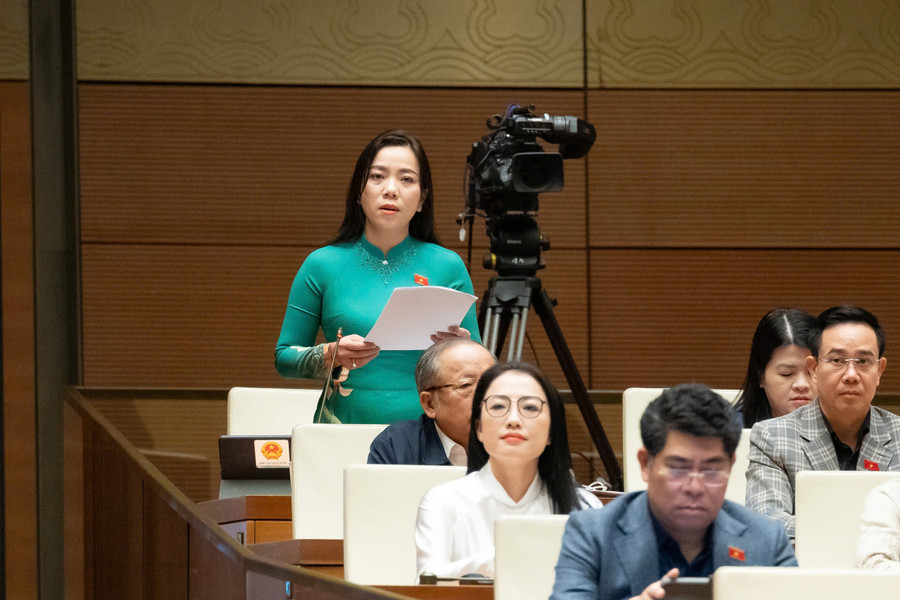
Commenting on the transfer of teachers at all levels of general education, delegate Trieu Thi Ngoc Diem, National Assembly Delegation of Can Tho city, expressed concern that the commune level does not have a specialized education agency.
According to the delegate, at Point B, Clause 1, Article 2 of the draft Resolution stipulates that the Chairman of the People's Committee at the commune level has the authority to mobilize, transfer, second, arrange, assign, and change job positions for personnel in public educational institutions managed by the commune. This clearly demonstrates the strong decentralization and delegation of power associated with the characteristics of the 2-level local government model.
However, in reality, the commune level does not have a specialized education agency, only a cultural and social department with a civil servant in charge of education and training.
Delegate Trieu Thi Ngoc Diem emphasized that the work of mobilizing, transferring, seconding, arranging, assigning and changing job positions for teachers, managers and staff in public educational institutions needs to be associated with comprehensive assessment and management of human resources in terms of professional capacity, ethics, development direction and ability to meet task requirements.
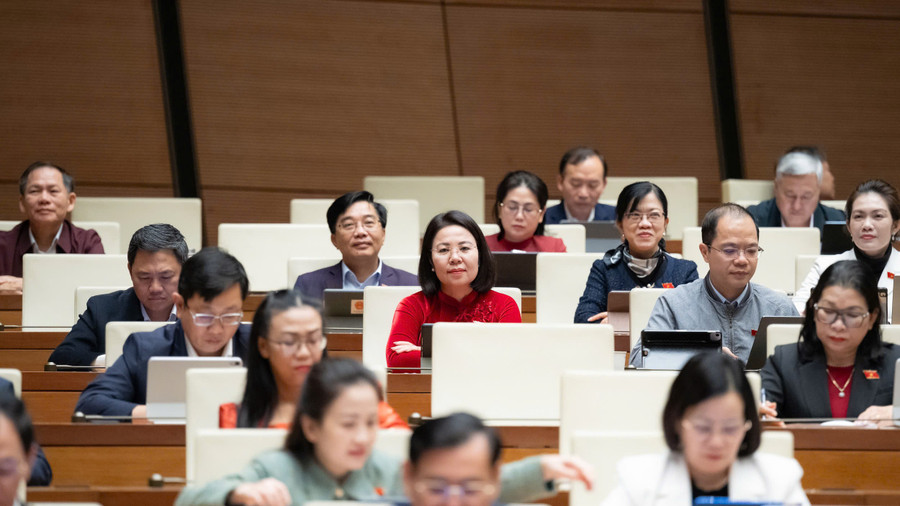
This process cannot be separated from the mechanism of recruitment, use and management of human resources in the education sector - the authority currently belongs to the Director of the Department of Education and Training. "Thus, if all authority is given to the People's Committee at the commune level, it will easily lead to a lack of persuasiveness in personnel work; the assessment may not be thorough, rigorous and lack multi-dimensional information; at the same time, it is not consistent with the spirit of Resolution 71, which is to ensure the principle of linking professional management responsibilities with human resource and financial management," the delegate noted.
From the above opinions, delegates proposed to still delegate the authority to mobilize and arrange personnel to the Chairman of the People's Committee at the commune level to suit the 2-level local government model; but not separate the professional management, expertise and educational management capacity of the education sector; need to improve the close coordination mechanism and only partially decentralize to localities to ensure consistency in evaluating staff and managing the teaching staff.
Source: https://giaoducthoidai.vn/dai-bieu-quoc-hoi-de-xuat-nang-cao-hieu-qua-quan-tri-nhan-luc-giao-duc-post757558.html








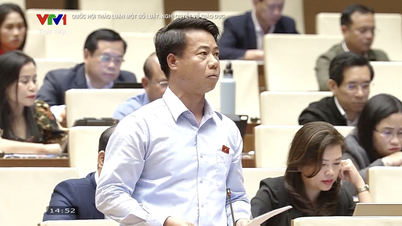

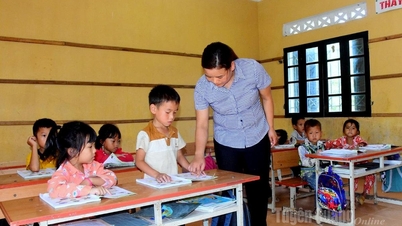

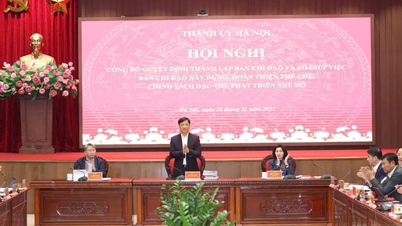



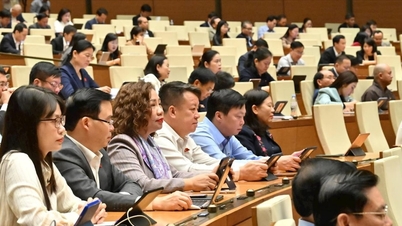


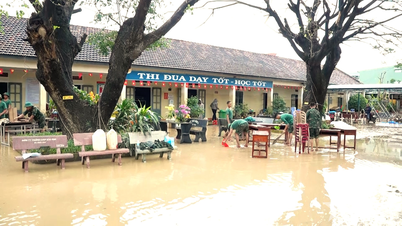





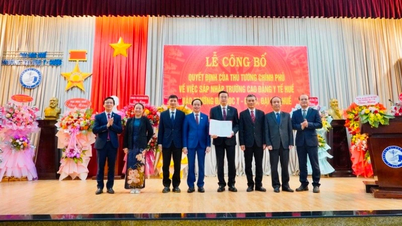







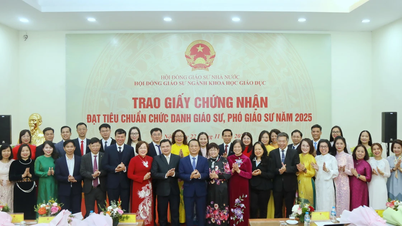
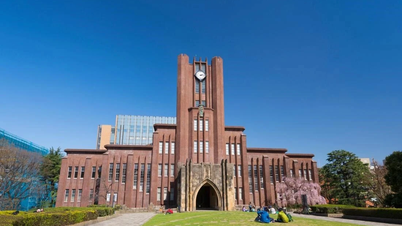


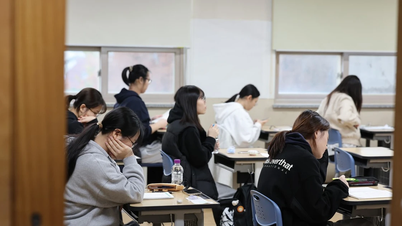








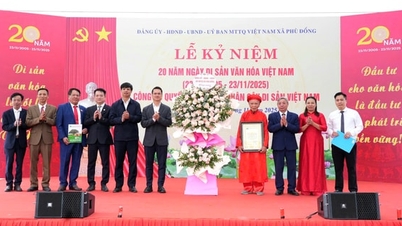


































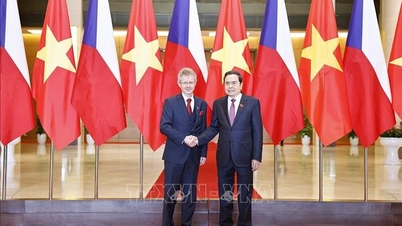

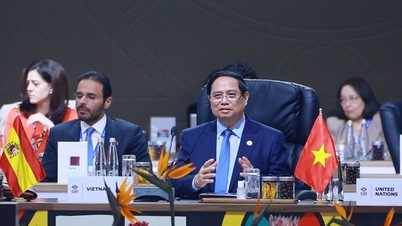





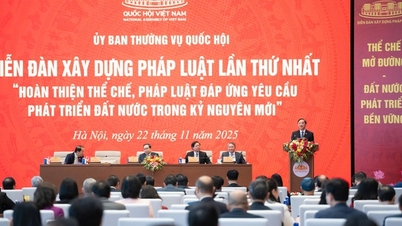

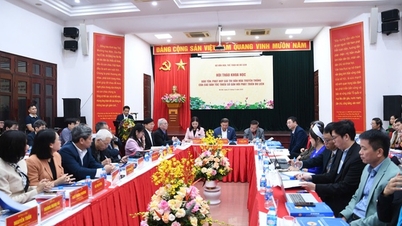
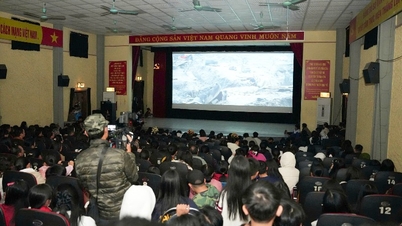



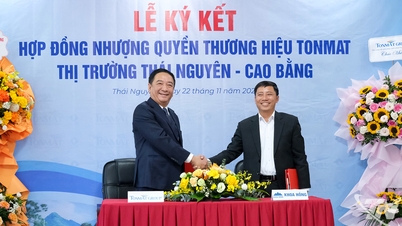

















Comment (0)